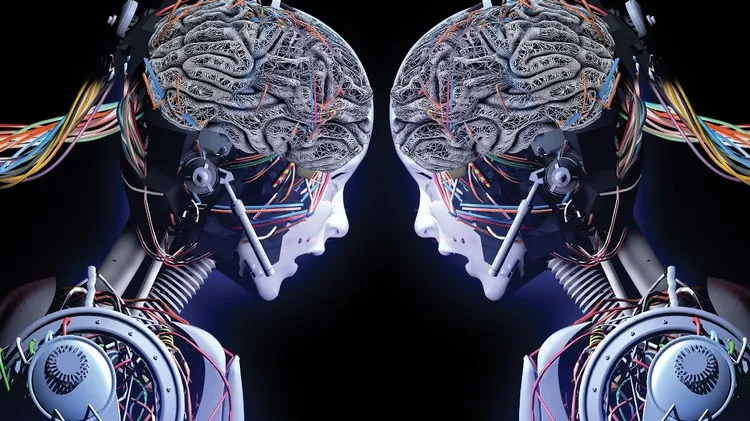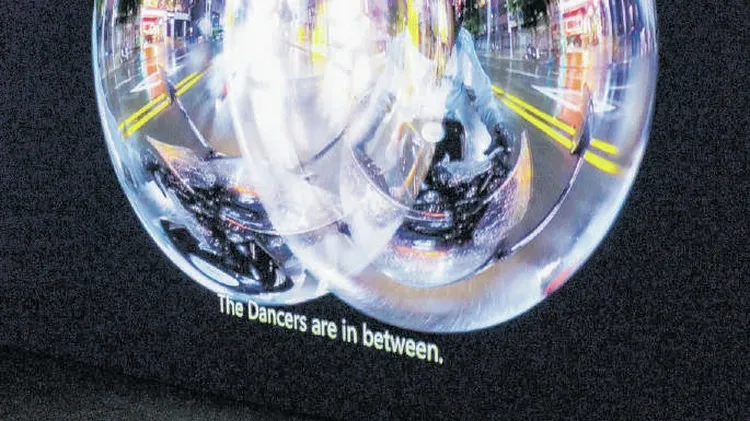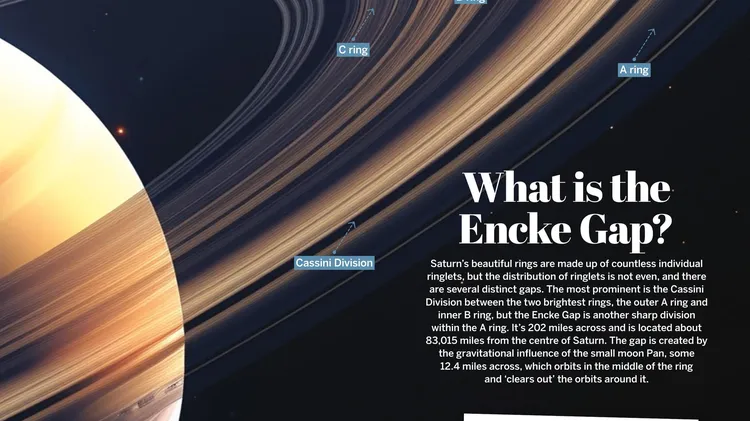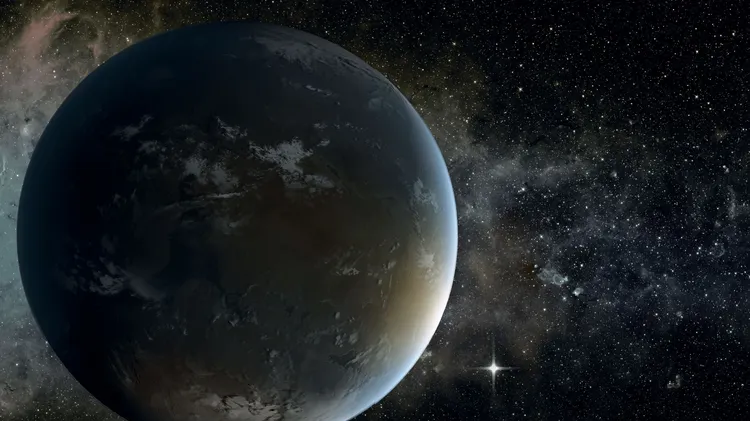As ever more ambitious space surveys begin to cr
Big dataat the dawn ofartificial intelligence
9 min read
This article is from...
Read this article and 8000+ more magazines and newspapers on Readly






